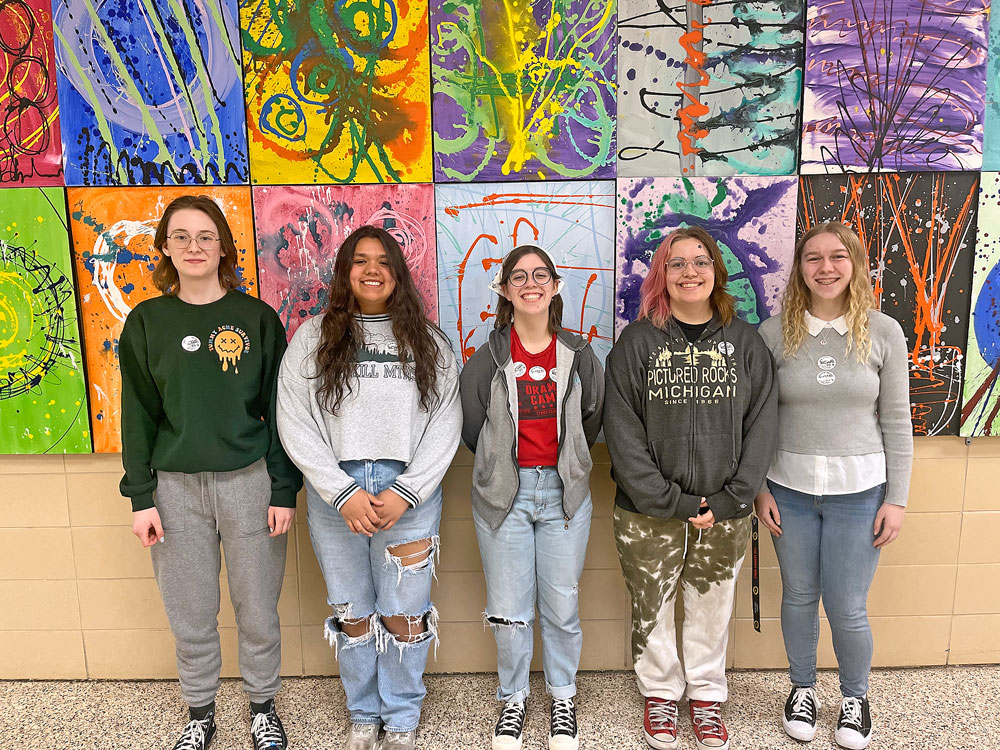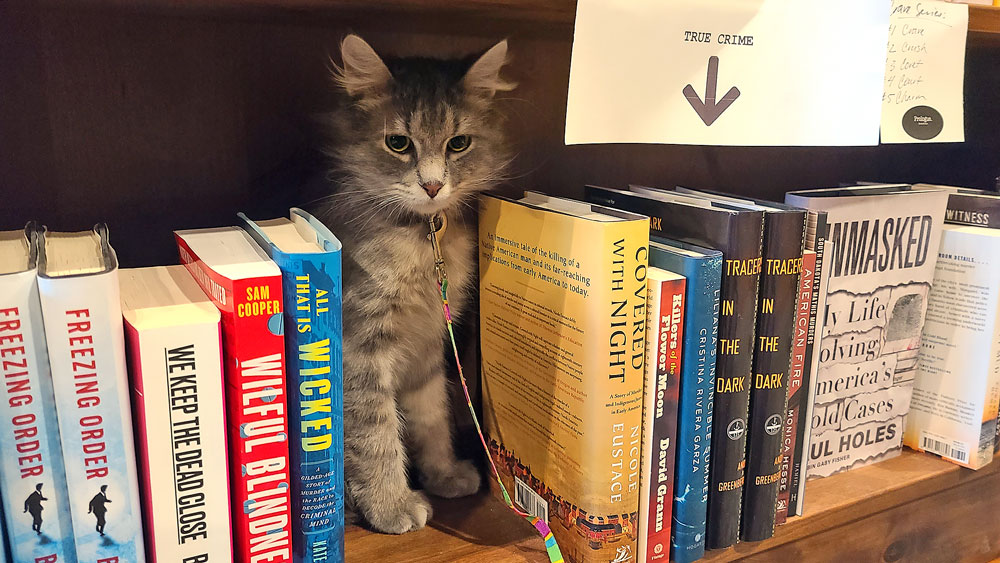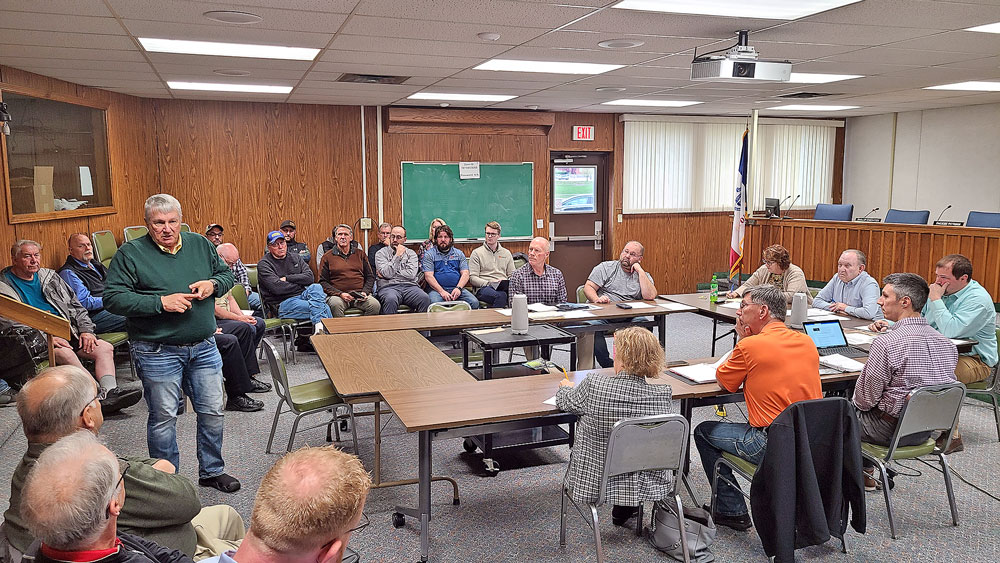UNI president: Will work with Legislature on funding level

Press photo by Bob Steenson
By Bob Steenson, bsteenson@charlescitypress.com
The University of Northern Iowa is willing to meet the state Legislature halfway, holding its budget increases to the rate of inflation if lawmakers will do the same with state funding.
UNI President Mark Nook was the guest speaker at the Charles City Rotary Club meeting noon Monday. He has been president of the university since Feb. 1, having previously served as chancellor of Montana State University Billings.
Nook is originally from Holstein, Iowa.
He talked about the university’s efforts to work with students to reduce the amount of student loan debt they pile up during their UNI years, and about the school’s budget challenges.
“This summer we were tasked by the regents with coming up with a five-year tuition plan,” he said. But instead of looking strictly at projected tuition rates, Nook asked his management team to look at the university’s whole budget picture.
“The budget is linked to tuition,” he said, “but some other things are linked in there, too.”
Nook challenged his team to see if it could live with a budget as if university spending had grown just by the Consumer Price Index rate of inflation for the last 10 years and then for the five years going forward.
Traditionally, he said, the educational cost index is about 1.5 times higher than the Consumer Price Index.
“I said, look, we’re in a point right now that the Iowa economy isn’t growing quite as fast as people would really like it to, and we’ve got a very conservative government in place. So we should be conservative and try to help out a little bit, too, and try to do things to try to control our expenditures,” he said.
“We put together a budget that in 2022 will look like 2008, just inflated for the Consumer Price Index. That’s unheard of in higher education,” he said.
If state funding stays flat, even to meet this very conservative budget the in-state tuition rate increase will need to be almost 8 percent next year and average 5 percent over the next five years, he said.
“I don’t think that’s a reasonable increase. That’s too high,” he said. “But if we want to protect quality we need that much revenue, and it’s a conservative amount.”
If the state will increase university funding by the Consumer Price Index, then the tuition increase will need to be about 3.5 percent this year, 2 percent next year and about 1.75 percent the remaining years.
“In higher education, you can have high quality, which the state of Iowa deserves, or you can have low cost to the state or low cost to the students, but you only get to pick two of the three,” he said. “It’s just that simple.”
Nook said, “We’re going to keep quality. We’re trying to balance the cost to the student and to the state in a reasonable way, but it takes a little help on both sides to do that.
“That’s what we’re talking to the Legislature about and helping them to understand these pieces,” he said. “We’re trying to meet them part-way on that as well.”
Nook said the university is making a concerted effort to help students manage their school loan debt, by giving incoming students a three-week basic finance course and by requiring any student taking out a student loan to meet with a loan counselor to go over their budget — how much money they will have access to, how much they will need, and how much loan they will need to make up the gap.
Many students are approved for a loan of more than they need, but they borrow the maximum amount anyway, he said.
Through the university’s efforts students are graduating with less debt — from an average of more than $25,700 to just over $22,000 from 2010 to this year. At the same time the national average student debt has increased from $25,000-$26,000 to more than $31,000.
UNI has also reduced the percentage of students who take out loans from 80 percent to 70 percent.
“It’s been a huge, huge win for our students,” he said. “It’s a great victory for the people of Iowa.”
Nook said that 90 percent of UNI students come from Iowa and 90 percent of graduates take their first job in Iowa.
“We are the institution that educates Iowans for Iowa,” he said.







Social Share